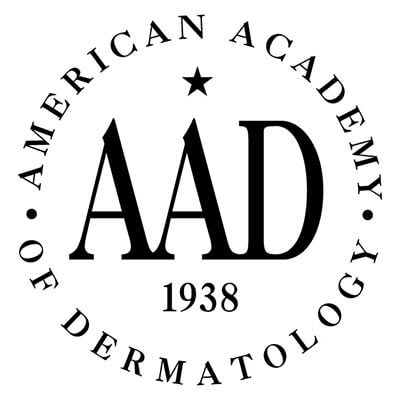
Poison Ivy, poison sumac, and poison oak are plants that can cause a type of skin irritation called allergic contact dermatitits.
- What causes the rash?
- These plants contain an oily resin known as urushiol that may penetrate the skin and cause a rash. The rash may develop after direct contact with the oil from the plants, or by indirect contact through clothes, gardening tools, sports equipment, and even touching your pet’s fur.
- What are the symptoms of the rash?
- Within 12-72 hours after exposure to the poisonous plants, you may develop redness, itching, swelling, and fluid filled blisters. Often times, the rash will appear in red streaks because of the way the plant brushes against the skin.
- Some people may develop more serious reactions to urushiol, including severe swelling of the face, mouth, neck, genitals, or eyelids. Large, widespread and oozing blisters may also develop.
- The rash that develops after exposure is not contagious, and you can not spread the rash after it appears. The fluid within the blisters does not contain urushiol and will not spread the rash.
- How can the rash be treated?
- If an allergic reaction develops, immediately wash the skin with lukewarm water and soap. Thoroughly wash all clothing or other objects that may have been contaminated.
For mild cases of allergic contact dermatitis, cool compresses, antihistamines, and over-the-counter creams such as calamine lotion may help to relieve the itching. - If a more moderate to severe reaction occurs, you may need to see a physician. He or she may be able to prescribe prescription corticosteroid creams, ointments, gels, or shots to help alleviate the rash. In some cases, oral corticosteroids such as prednisone also may be necessary.
- How can I prevent the rash in the future?
- Learning how to recognize and avoid these poisonous plants is the first step to prevention. Poison ivy and poison oak have three leaflets to a stem, so the saying “leaves of three, let them be” can be helpful in identifying these plants.
- When it is not possible to avoid these plants, wearing long pants, long sleeve shirts, boots, and gloves may help to decrease the chance of exposure. Over-the-counter creams that contain bentoquantam may be applied to the skin before going outdoors. Bentoquantam serves as a barrier cream that can prevent the urushiol oil from penetrating the skin.
Posted on behalf of
141 Lacy Street, Suite 200
Marietta, GA 30060
Phone: (770) 426-7177
FAX: (770) 426-7745
Email: kayaldermatology@gmail.com
Mon-Fri: 7:30 am – 5:00 pm







